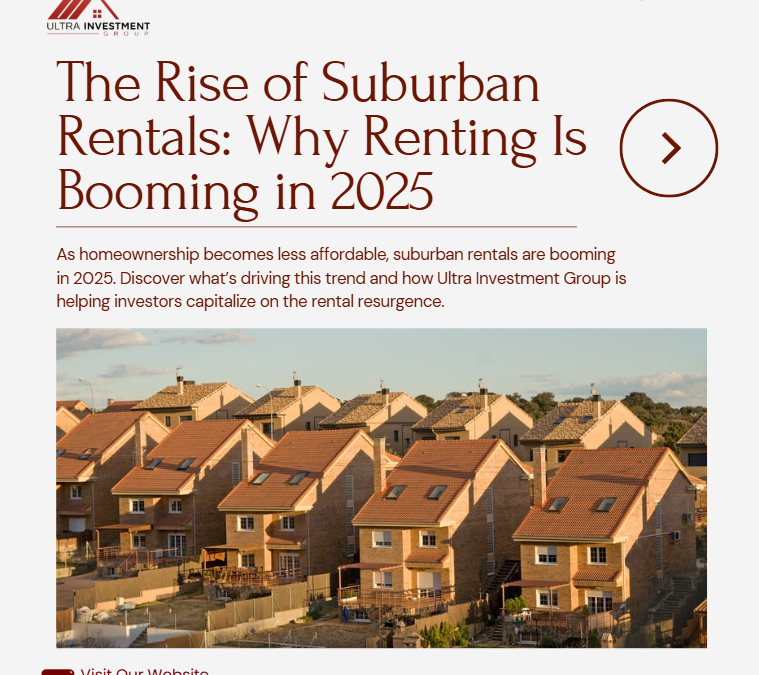The real estate industry is undergoing a digital transformation, and at the center of it lies blockchain and tokenization. By 2025, this innovative approach has created waves of excitement among investors, developers, and homeowners alike. But the big question remains: Is blockchain-powered real estate truly a game-changer, or just another passing hype?
In this blog, we’ll break down how tokenization works, the benefits it offers, potential risks, and what the future holds for investors.
What Is Tokenized Real Estate?
Tokenization is the process of converting the value of a real-world asset (like a property) into digital tokens on a blockchain. Each token represents a fraction of the property, enabling investors to buy, sell, or trade shares of real estate just like stocks.
For example, instead of needing $500,000 to buy a rental property, an investor could buy tokens worth $500 and still gain exposure to the asset.
Why Blockchain Matters in Real Estate
Blockchain provides a decentralized, secure, and transparent way of managing property ownership and transactions. Here’s why it’s powerful:
- Transparency: All transactions are recorded on a public ledger.
- Liquidity: Investors can trade property tokens more easily than selling an entire building.
- Accessibility: Opens real estate investing to a global pool of smaller investors.
- Efficiency: Reduces reliance on intermediaries like brokers and banks.
Opportunities in 2025
Tokenized real estate in 2025 offers exciting opportunities:
- Fractional Ownership: Everyday investors can now own a piece of high-value properties.
- Global Market Access: Investors can diversify portfolios with properties across borders.
- Faster Transactions: Smart contracts automate sales, rentals, and payments.
- Enhanced Diversification: Easier to spread risk by holding small shares in multiple assets.
Risks and Challenges
Like any innovation, tokenized real estate has its challenges:
- Regulation Uncertainty: Many countries are still creating laws around tokenized assets.
- Market Volatility: Token prices may fluctuate just like cryptocurrencies.
- Technology Adoption: Not all real estate developers and investors are ready to switch.
- Security Risks: Blockchain is secure, but exchanges and wallets can still be hacked.
Is It a Game-Changer or Hype?
In 2025, tokenized real estate is not just hype—but not yet a complete game-changer either. Adoption is steadily growing, especially in commercial and luxury real estate markets. However, mainstream use still depends on:
- Clearer global regulations
- Wider investor education
- Integration with traditional finance systems
Final Thoughts
Blockchain and tokenized real estate are redefining how people view property investment. While challenges remain, the potential for democratizing access, enhancing liquidity, and boosting efficiency makes this one of the most promising trends in real estate today.
For investors, the key is to stay informed, diversify wisely, and monitor how regulations evolve. Whether you see it as a game-changer or a hype, one thing is certain: tokenized real estate is here to stay.
✅ Pro Tip: Keep an eye on regulatory updates and only invest in platforms with strong security and compliance measures















